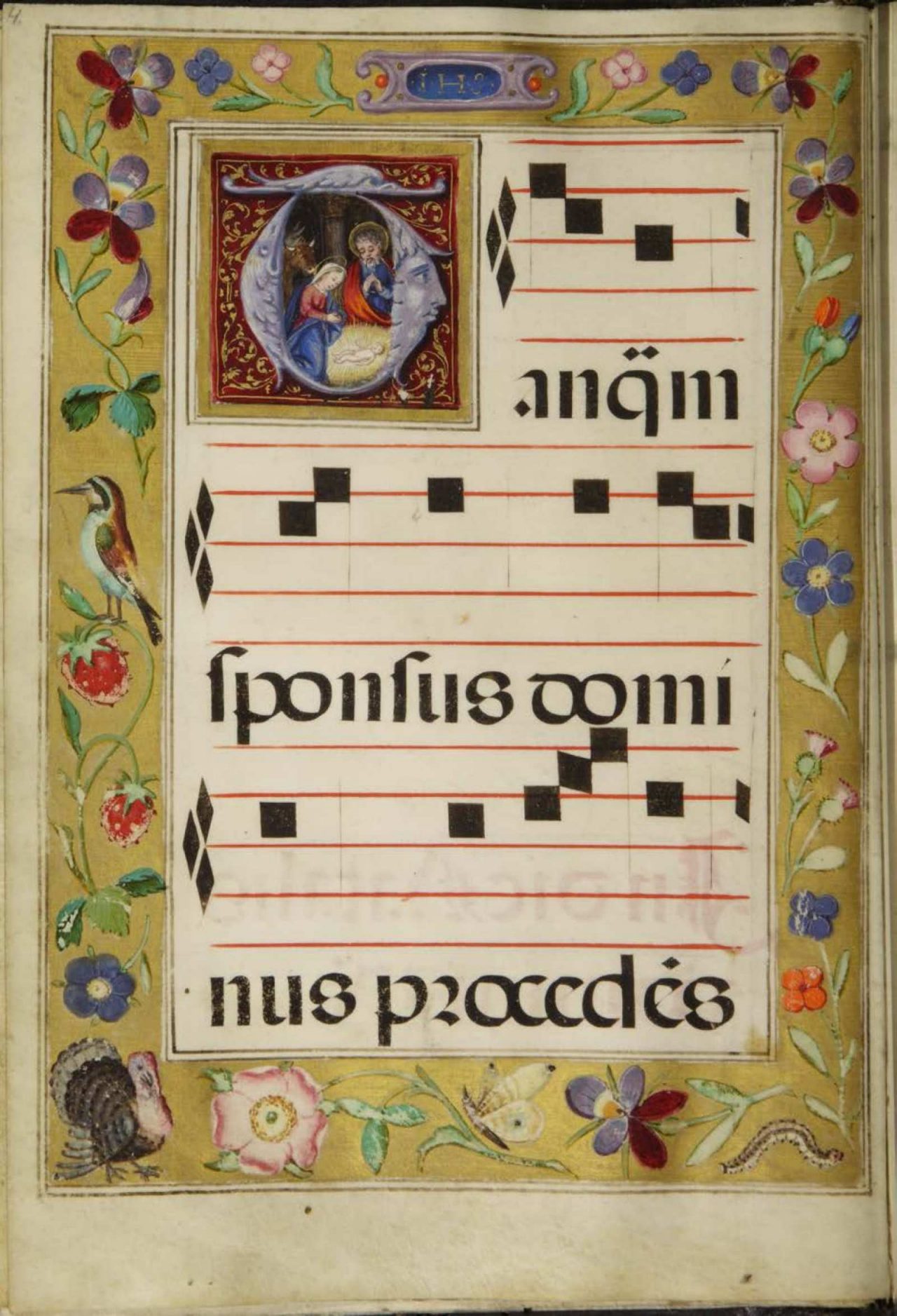Always was, always will be Aboriginal land.
The University of Sydney Library acknowledges that our buildings, collections, and practices exist on unceded Aboriginal lands. We recognise the diversity and knowledges of the Aboriginal and Torres Strait Islander staff and students across all the lands the University stands on, and respect the ongoing connection Aboriginal people have to these lands, their cultural practices, knowledge systems and histories. We pay our respects to their Elders, past and present, who have handed down custodianship to each generation for more than 60,000 years.
Money, J. (2021). Yilabara (Now). Filmed on Gadigal Country. Commissioned by the University of Sydney Library
Special Collections
Highlights from the collection
Virginia Woolf's personal copy of the first edition of her debut novel, The Voyage Out. Inscribed by author, with handwritten revisions and pasted-in typewritten carbons.
Our collection of Spanish liturgical music manuscripts includes the Lamentations of Jeremiah, several graduals, antiphonals, kyriales, tropers and two rare processionals.
New Australia and Cosme were socialist colonies founded in Paraguay in 1893 and 1894 by a group of Australians led by William Lane.
Frontiers of Science strips were first published in 1961 in the Sydney Morning Herald. It was co-written and produced by Prof Stuart Butler and Bob Raymond.
Use special collections for your teaching or research
Our extensive range of special collections can enhance academic teaching and research, providing unique and valuable resources that enrich learning experiences and drive innovative scholarly exploration.
Use special collections for your teaching or research
Our extensive range of special collections can enhance academic teaching and research, providing unique and valuable resources that enrich learning experiences and drive innovative scholarly exploration.
Contact
We're here to help, online or in person
